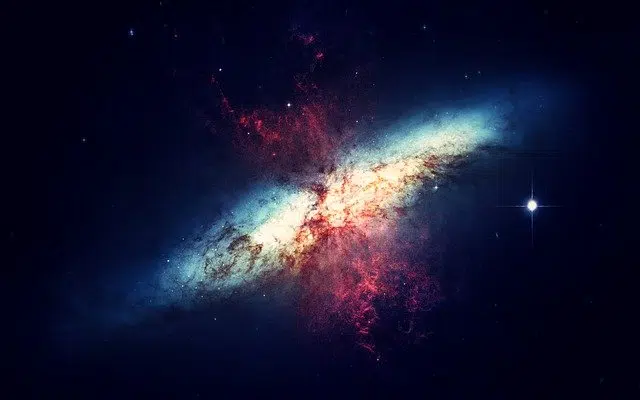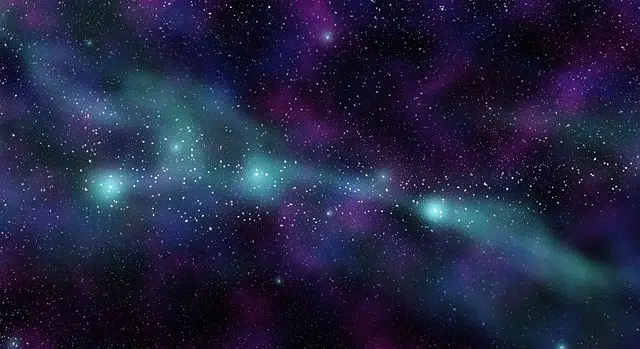
Panspermia is a theory about the origin of life .
The first thing we are going to do before entering fully into the definition of panspermia is to establish its etymological origin. In this sense, we can say that it emanates from Greek, since it is the result of the sum of two components of said language:
• The noun "bread", which can be translated as "everything."
• The word «sperma», which is equivalent to «seed».
In addition to all this, we have to state that panspermia is a neologism that was created in 1865 by a German biologist named Hermann Ritcher .
What is panspermia
Panspermia is a theory that states that those elements that are germs of life are distributed throughout space , propagating in different directions. In this way, life on Earth could not have arisen on the planet, but could come from other sectors of the universe.
What panspermia suggests is that these "seeds" can cross space and reach different places in the way of sowing that we know in agriculture. The development of these germs only takes place when the context is favorable for their flourishing.
Panspermia has its origins in Greek philosophy . Over the years, it adapted to biology , chemistry and other sciences . The scientist Svante Arrhenius is noted as the one who took the bases of panspermia to postulate that terrestrial life could have had its birth beyond the confines of the Earth .

According to panspermia, there are vital "seeds" distributed throughout space.
Arguments for and against
As an explanation for the emergence of life on our planet, panspermia is usually defended based on the knowledge we have about the survival of certain bacteria . It has been shown that there are bacteria that can survive in outer space for long periods of time: this suggests that the "seeds" of terrestrial life could have crossed space.
Just as there are scientists in favor of panspermia, there are also those against it. Thus, for example, those who oppose it consider that it is not possible, that it "limps" in some aspects such as these:
• The dates and deadlines used about the origin of the Earth or the time it would take for extraterrestrial microorganisms to reach our planet are not compatible, they throw the theory out of whack.
• The aforementioned microorganisms that are considered to have arrived on Earth could not have coped with the temperatures or the solar wind, due to the conditions they are considered to have had.
The detractors of panspermia also highlight that the theory does not explain the emergence of life: it barely changes the place of origin . There are also those who claim that no bacteria would be able to survive the collision of a meteorite (which would be the vehicle of the "seeds" ) with our planet.
If this theory of panspermia, developed by Svante Arrhenius, were taken as accurate, we would then find the statement that at this moment the seeds of life would be traveling throughout space. In this way, what they would be doing would be sowing that life in other specific points of the cosmos.
